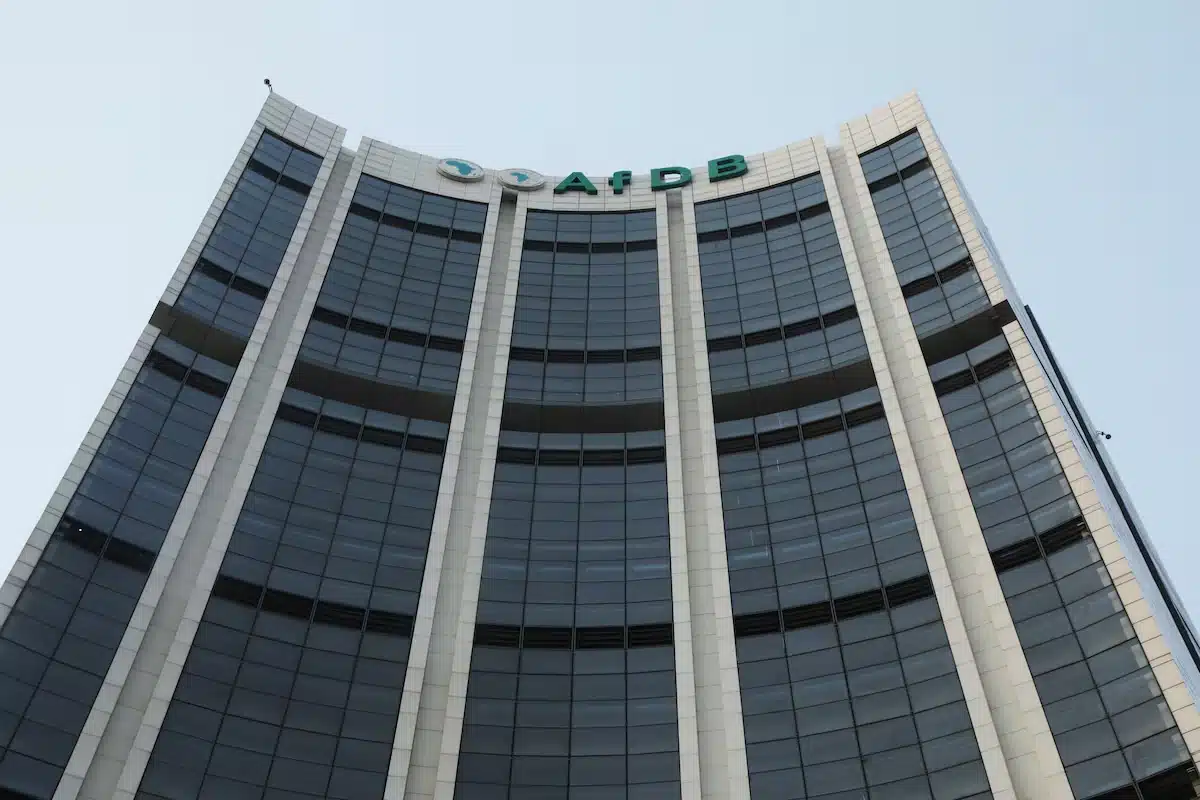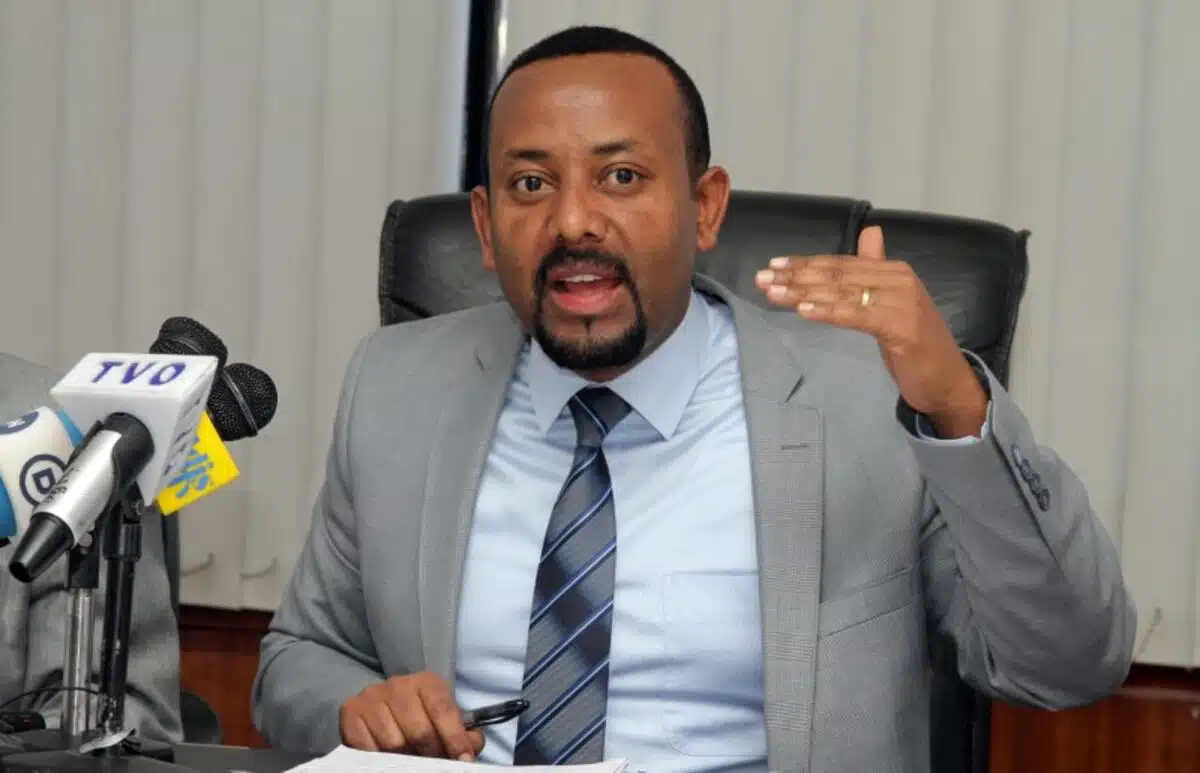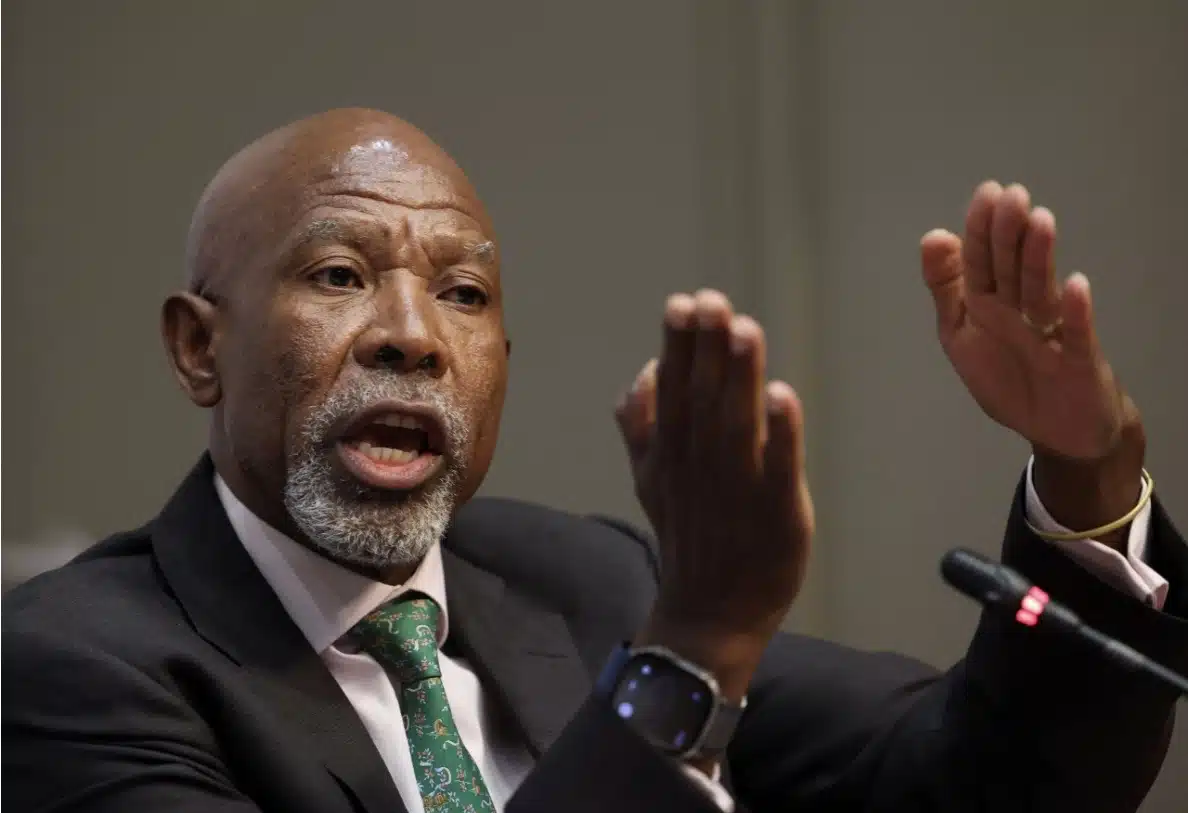The African Development Bank (AfDB) has launched a new five-year country strategy paper for Nigeria, committing about $3.2 billion between 2025 and 2030 to support Africa’s largest economy in its push to double GDP to $1 trillion.
According to a statement dated 30 April, the multilateral lender will invest $2.95 billion over the first four years, bringing the total programme to $3.2 billion when combined with expected co-financing from other development partners.
The funds will be deployed annually at an average of $650 million, focusing on climate-smart infrastructure, industrial development, and inclusive green growth.
The strategy, which aligns with Nigeria’s Agenda 2050 and the Renewed Hope Agenda, centres on two key priorities: boosting competitiveness through sustainable infrastructure, and creating jobs—particularly for women and youth—via agricultural and industrial transformation.
Abdul Kamara, director-general of AfDB’s Nigeria country office, said the strategy “takes our transformative partnership with Nigeria to a new level.”
He added: “By investing in sustainable infrastructure and inclusive agricultural growth, we are not only building roads, power systems, and transforming agriculture – we are building pathways to prosperity for millions of Nigerians.”
The AfDB estimates that the investments could help generate over 1.56 million jobs while narrowing the country’s infrastructure gap, projected at $2.3 trillion between 2020 and 2043.
Planned interventions include expanding access to electricity, clean water systems, and agribusiness support that links farmers to markets.
The bank said it would also support Nigeria’s efforts under the African Continental Free Trade Area (AfCFTA) by improving transport connectivity and market access for local producers.
Women and youth are expected to benefit from targeted initiatives, including the AfDB’s Affirmative Finance Action for Women in Africa (AFAWA).
Entrepreneurs will gain access to finance, training, and supply chain improvements, while youth-focused programmes aim to tackle unemployment through skill acquisition and enterprise development.
On climate adaptation, the AfDB noted that the strategy “will promote greener, more resilient infrastructure and agricultural systems,” helping mitigate the effects of floods and droughts while easing conflicts over land and water.
The Nigeria strategy comes as part of AfDB’s broader ambition to scale impact across its member countries by tailoring support to local development needs and unlocking private-sector capital through co-financing.









